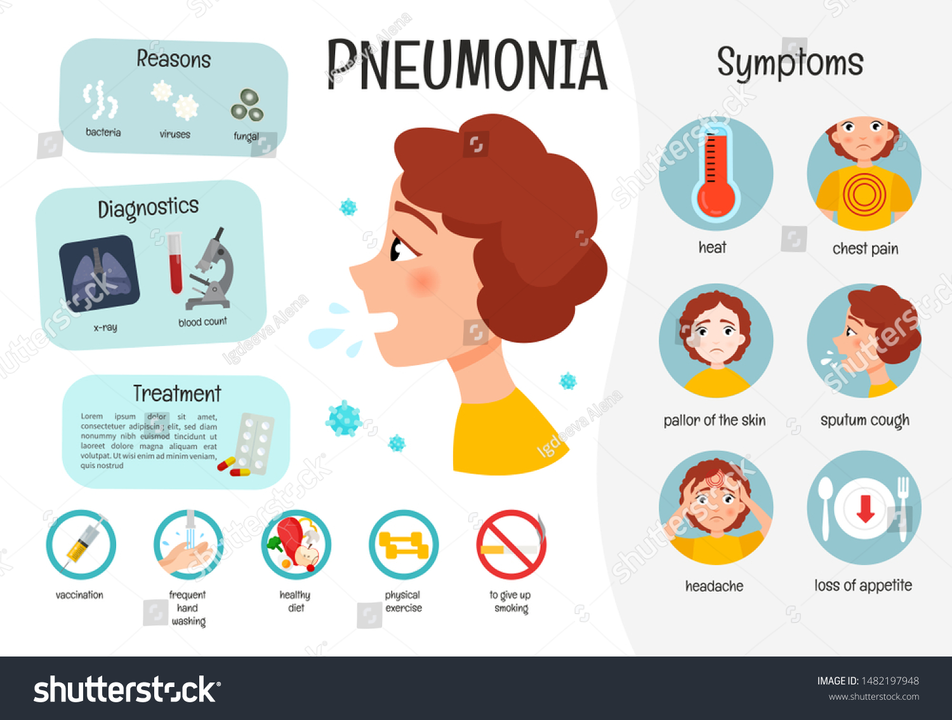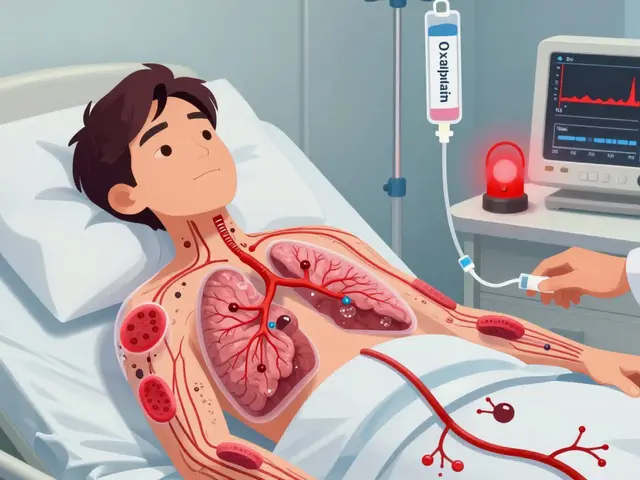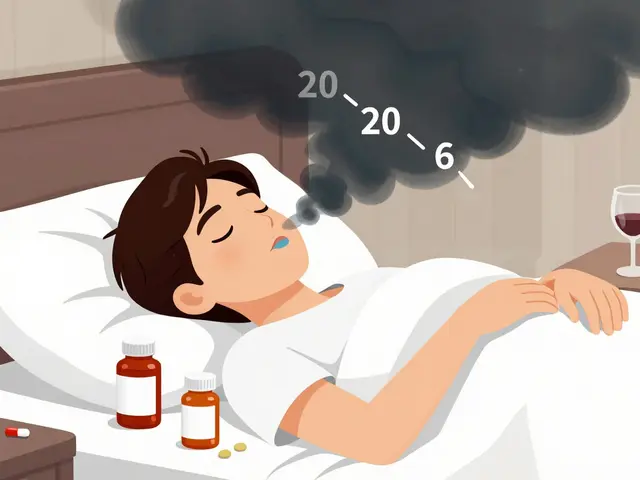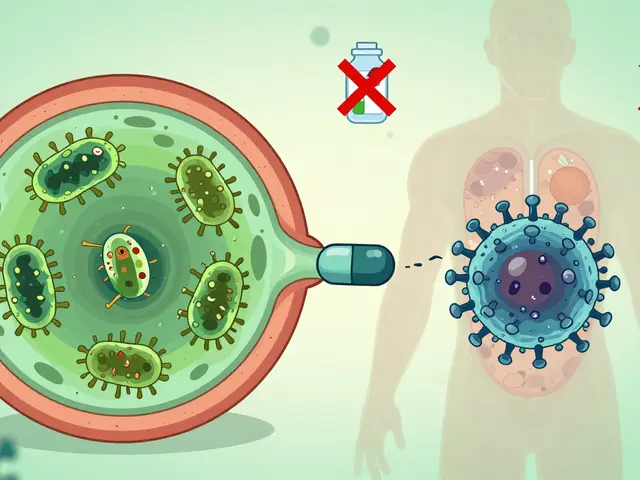Tips for Buying Medicine Online
Buying medicine online can save time and money, but it also brings risks. These tips help you pick a legit pharmacy, avoid fakes, and use medications safely.
Check credentials first: look for a real business address, phone number, and a pharmacist contact. In Canada search for provincial licensing or a verified seal. If a site hides contact info or refuses to answer medical questions, move on.
Don't buy without a valid prescription. Legitimate pharmacies will ask for one and may offer telehealth consults. Be suspicious of sites selling prescription drugs with no prescription or huge discounts. Cheap can mean counterfeit or expired medicine.
Read reviews and compare pricing, but don't rely on testimonials alone. Check multiple review sites, and look for consistent complaints about delivery, packaging, or product quality. A single glowing review is not proof.
Know what you're buying. Read the active ingredient, dose, and country of manufacture. Brand names can hide substitutes. If you take other drugs, check interactions with a pharmacist or doctor before ordering.
Watch for red flags: free shipping offers, dramatic price drops, or requests to pay via wire transfer or cryptocurrency. Secure sites use HTTPS and accept credit cards for protection. Save receipts and order numbers until your meds arrive safely.
Check packaging when your order arrives. Look for tamper seals, proper labeling, and matching lot numbers. If pills look different or the box lacks required info, stop using them and contact the seller and your pharmacist.
Learn about common side effects and what to do if you react. Keep an up-to-date list of your medications, allergies, and health conditions in your phone or wallet. Share that with any new provider or online pharmacist.
Savings tips that work: compare prices, buy generics, use coupons, and join loyalty programs. For long-term meds, ask your doctor about 90-day supplies to cut shipping costs.
Be aware of shortages and recalls. Follow health authority alerts and check product notices from manufacturers. If a supply problem affects your drug, ask your pharmacist for safe alternatives and how to switch doses properly.
Keep records: note order dates, lot numbers, and side effects. This helps if you need refunds or to report problems. Report suspicious pharmacies to consumer protection agencies and to the regulator in your province. Sharing warnings can protect others.
Think long-term. Good medication habits include storing drugs as directed, checking expiry dates, and reviewing treatment with your doctor at least once a year. Small steps add up: safer buys, fewer mistakes, and better health outcomes.
Use our tips page to find reliable guides before buying meds online.

Pneumonia Prevention: Tips for Staying Healthy
As a health-conscious individual, I'm always looking for ways to stay healthy and avoid illnesses like pneumonia. In my research, I've discovered that maintaining good hygiene, getting vaccinated, and leading a healthy lifestyle are essential for pneumonia prevention. Additionally, steering clear of smoking and managing chronic conditions like diabetes can significantly reduce our risk of developing pneumonia. So, let's all take these preventive measures to heart and strive for a healthier, pneumonia-free life!
view more


